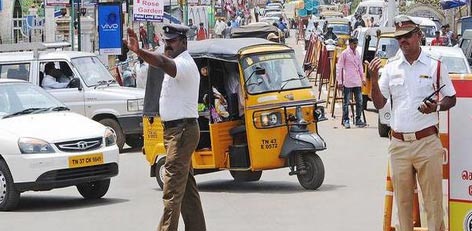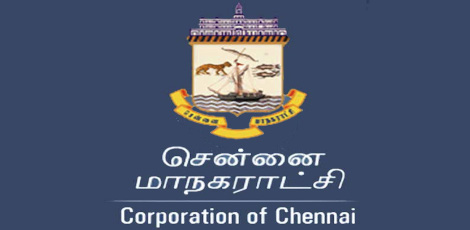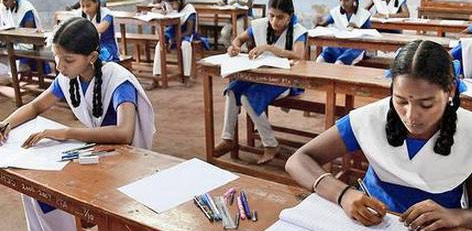Free education in English medium schools for underprivileged
Posted on: 11/Mar/2014 8:31:38 PM

Those wanting their child to get the basic education in a decent English-medium school take steps for it just out of their own money, but aren�t aware of the Right to Education (RTE) Act that can help them hugely.
Sadly, the RTE act of Tamil Nadu government functions secretively, without getting popularized by any means. For two years now, since implementation of the law, it has only been on papers as letters but not in practical.
Speaking to a poor parent who earns Rs 6000 out of their daily-wages job, they shared their dream of giving quality education in an English-medium school to both their kids. They believe it to open up more opportunities for the children in the future. �They ask fees in thousands. Where will we go?� asks mother of the poor child.
As per the RTE Act, 2009, private schools ought to allot 25 per cent seats to the underprivileged and avail books, uniforms and education free of cost. The amount will then be reimbursed to the school by the government. The time delay for reimbursement is a disadvantage, however the reason behind the improper implementation of this system is because of poor publicity to the scheme, says an activist.
Ossie Fernandes, the director of Human Rights Foundation (HRF) said the school education department failed to promote RTE among parents and children. Large numbers of schools are run by minority communities and these do not have to implement this act. On the other hand, there are schools that cost exorbitant fees rates that cannot be availed by the government as reimbursement. The other types of schools are also not incorporating the scheme mainly because of lag in popularity of RTE act, said the activist.
How can this be implemented?
Speaking to an educationalist, she shared her views about the ways to implement the scheme in the schools:
- If the government is really interested and serious about implementing this useful scheme, they should engage independent agencies or auditors to open audits.
- Through newspaper, TV or other means, government should publicize the names of schools availing such free education.
�State had not shown any interest in creating awareness about the act. The status of school admission and whether they follow this rule is still a question mark,� she added.







